|
A new malaria vaccine has shown promising results in trials, preventing the disease in 77% of cases. The vaccine was already under development before the pandemic struck, and researchers at the Jenner Institute in Oxford quickly built on this work to develop what would go on to become the Oxford/AstraZeneca jab. Now, writes institute director Adrian Hill, the work they’ve done on COVID could in turn help bring us one step closer to preventing malaria.
In India, a dramatic spike in COVID-19 infections has left the country reeling. Hospitals can’t accommodate the number of patients needing care, oxygen supplies are being flown in from donor countries. Yet, until a few months ago it looked as though the country had brought the pandemic under control. What went wrong? Michael Head sets out the factors that have contributed to the tragic turn of events.
By the mid-1990s, it was clear to the world that Somalia had become Africa’s first failed post-colonial state. Yet this vast country of just 10 million people had had a glorious history before this calamity as the first to enjoy a democratic transfer of power in the 1960s. Is there any chance that the country can recreate its early successes? Abdi Ismail Samatar explains why the omens are bad unless two of the key drivers of the Somali disaster are understood – and acted on.
|
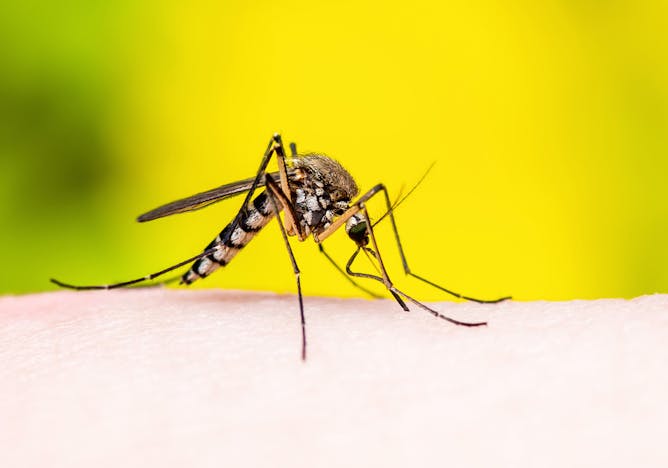
Konstantin Nechaev / Alamy Stock Photo
Adrian Hill, University of Oxford
The R21 vaccine protected three-quarters of children against malaria in trials.
|
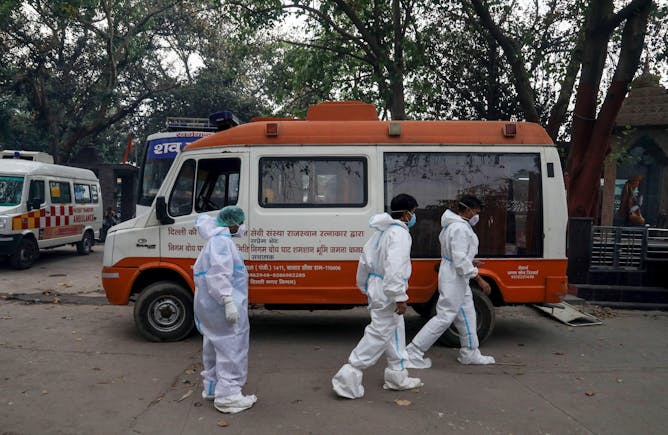
Relatives of COVID-19 victims walk past a van at Nigambodh Ghat crematorium in New Delhi.
SOPA Images Limited/Alamy Stock Photo
Michael Head, University of Southampton
Stories of reaching herd immunity were certainly premature.
|
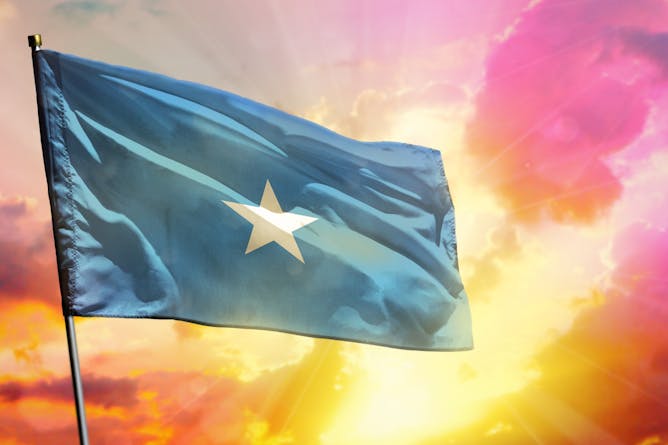
The grand designs of the major political and military actors lack an important ingredient: the views and the hopes of ordinary Somalis.
Getty Images
Abdi Ismail Samatar, University of Pretoria
The political and security order which numerous foreign actors have been investing in has produced marginal benefits for the population.
|
Health + Medicine
|
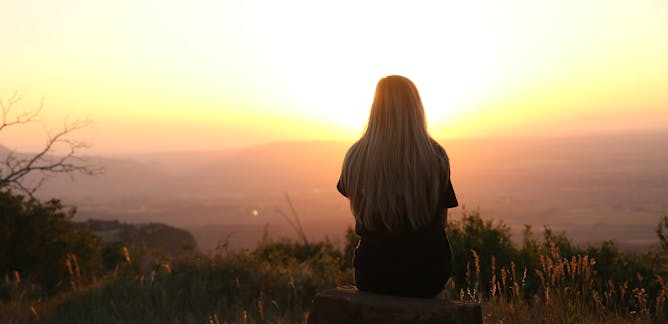
Ziggi Ivan Santini, University of Southern Denmark; Bruce Perry, Northwestern University; Michael Marmot, UCL; Sarah Stewart-Brown, University of Warwick; Vibeke Jenny Koushede, University of Copenhagen
A traumatic childhood can affect you physically, mentally and socially.
| |
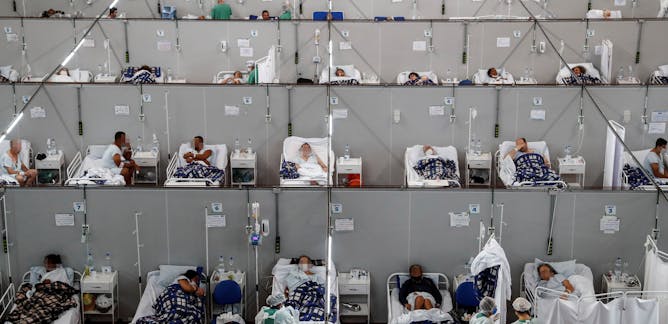
Alfredo Saad Filho, King's College London; Fernanda Feil, Universidade Federal Fluminense
The Brazilian president has engineered the conditions for the virus to run rampant through the country while he pursues his own agenda.
|
|
|
Energy + Environment
|
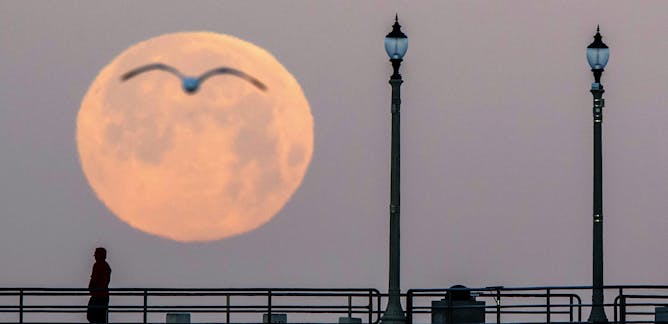
Brian McNoldy, University of Miami
That doesn't mean sea level rise has stopped – it hasn't. When that lunar cycle starts upward again, it will mean double trouble for places like Miami.
| |
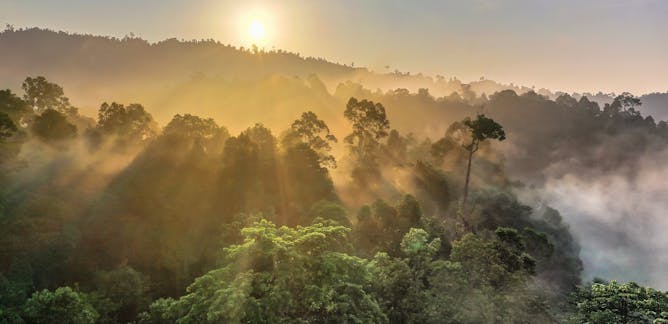
Bonnie Waring, Imperial College London
Even if they can't save us from climate change, society still depends on forests.
|
|
|